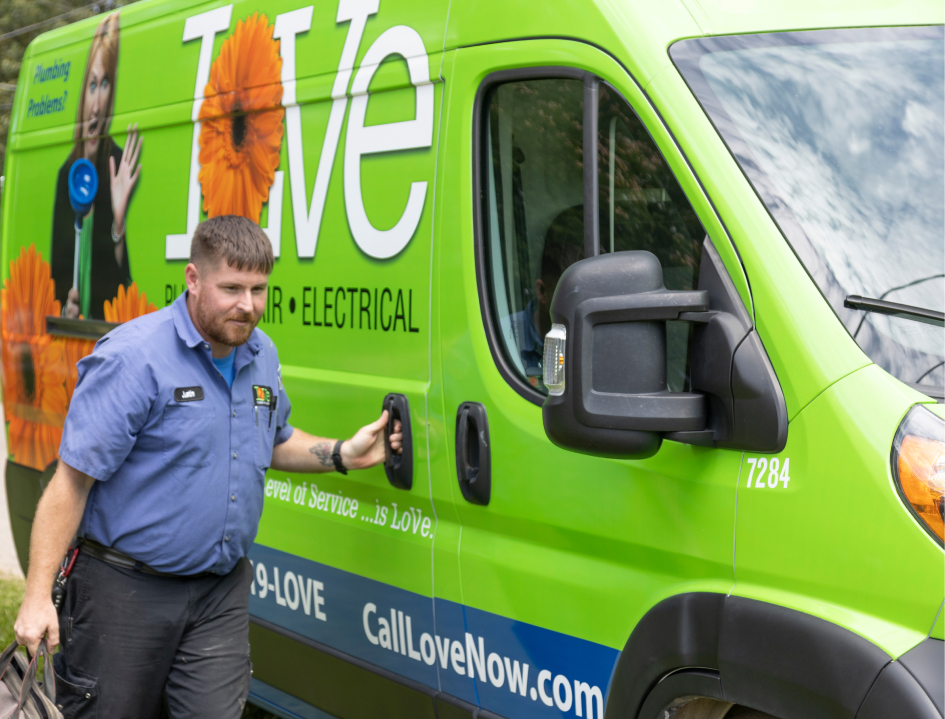Electrical Inspections: Why Your Columbia, SC Home Needs One
Keeping your home’s electrical system safe and efficient is essential.
Certified inspectors conduct electrical inspections to ensure code compliance, identify risks, and prevent hazards—offering expertise beyond general electricians.
Top Reasons to Schedule an Electrical Inspection
- Safety Concerns: Regular inspections can detect fire risks such as exposed wires or overloaded circuits, safeguarding your home and loved ones.
- Insurance Mandates: Many insurance providers require updated inspection reports to maintain coverage and make sure your policy remains valid.
- Code Compliance: Confirm that your electrical systems adhere to the latest codes and regulations to avoid fines and potential legal issues.
- This guide from the LLR provides an overview of South Carolina’s latest building code modifications.
- Preventative Maintenance: Fix flickering lights or burning smells early to prevent costly emergencies.
Types of Electrical Inspections Explained
Electrical inspections vary based on the property’s nature and specific requirements:
- Residential: Includes pre-purchase checks, safety audits, and post-renovation reviews to ensure code compliance.
- Commercial/Industrial: These inspections help businesses comply with OSHA safety requirements.
- Learn more about South Carolina OSHA’s electrical safety standards here.
- Specialized: Tailored inspections for solar panels, EV chargers, and smart home systems confirm safe operation.
- Multi-Unit Properties: Unique protocols are in place for apartments and duplexes, addressing the specific challenges of shared electrical systems.
Warning Signs You Need an Urgent Electrical Inspection
- Frequent circuit breaker tripping
- Sparks from outlets
- Burning odors or discolored outlets
- Presence of older wiring systems (e.g., knob-and-tube or aluminum wiring)
- Damage following severe storms
- Evidence of rodent interference with wiring
Severe weather can lead to hazardous electrical conditions.
This was evident in the Spring Lake apartment evacuations, where electrical hazards forced residents to leave their homes.
The Electrical Inspection Process Step by Step
Understanding the inspection process can help set expectations:
- Pre-Inspection Preparation: Provide clear access to electrical panels and gather any prior inspection reports or relevant documentation.
- On-site Testing: Inspectors assess the system’s integrity using tools such as thermal imaging cameras, multimeters, and grounding testers.
- Hazard Protocols: If immediate dangers, such as exposed live wires, are identified, inspectors will implement shutdown procedures to mitigate risks.
- Report Delivery: After the inspection, you’ll receive a detailed report outlining findings, accompanied by photos and prioritized repair recommendations.
Common Issues Uncovered During Inspections
Regular inspections often reveal some common electrical problems:
- Outdated Wiring: Older wiring, common in historic areas like Shandon and Earlewood, often can’t meet modern energy demands, posing safety risks.
- DIY or Unpermitted Work: Unauthorized electrical work can violate NEC standards, leading to potential hazards.
- Overloaded Circuits: AC units in Elmwood Park and Heathwood can overload circuits, increasing fire risks during Columbia’s hot summers.
- External Risks: Factors like trees near power lines or electrical setups in flood-prone areas can compromise system safety.
How Much Does an Electrical Inspection Cost?
Costs vary based on several factors:
- Residential: Typically ranges from $150 to $500, depending on the home’s size and age.
- Commercial: Can range from $500 to over $2,000, influenced by property size and system complexity.
- Specialized Systems: Due to their complexity, additional fees may apply for systems like solar panels or backup generators.
How to Choose a Qualified Electrical Inspector
- Verify Certifications: Look for inspectors with credentials from recognized bodies such as NFPA or state-specific licenses.
- Experience: Ensure they have experience with your property type, whether residential, commercial, or specialized systems.
- Post-Inspection Support: Inquire if they offer services like permitting assistance or referrals for necessary repairs.
- Permitting and Local Compliance: Choosing an inspector familiar with local regulations confirms that your project meets city requirements.
- You can check Columbia’s permitting process here.
DIY Checks vs. Professional Inspections: Key Differences
DIY electrical checks, like testing outlets and resetting breakers, are helpful but lack the expertise to detect hidden hazards.
DIY Limitations
- Inability to Detect Hidden Issues: Hidden issues like faulty wiring, poor grounding, and overloaded circuits require specialized equipment.
- No Code Certification: DIY checks can’t confirm NEC or local code compliance, risking fines or insurance issues.
- Increased Safety Risks: Handling electrical components without proper training can result in shocks, fires, or further damage to the system.
Professional Advantages
- Advanced Diagnostics: Certified electrical inspectors use thermal imaging, multimeters, and ground testers to detect overheating and voltage issues.
- Legal Documentation: Professional inspections provide detailed reports necessary for insurance claims, home sales, or renovation permits.
- Hazard Mitigation: If an inspector finds a serious safety issue, they can take immediate action to prevent potential fire or electrocution risks.
DIY checks catch minor issues, but professional inspections offer expertise, safety, and code compliance.
Critical Post-Inspection Steps
- Address Repairs Promptly: Timely electrical repairs prevent penalties and ensure safety.
- Secure Necessary Permits: Obtain permits for major upgrades.
- In Richland County, historic areas like Arsenal Hill have stricter rules—check local offices for compliance.
- Schedule Re-Inspections: After repairs, a follow-up inspection validates the fixes, which may be necessary for insurance or legal compliance.
- Consider Energy Efficiency Upgrades: For better efficiency and possibly lowering your power bill, discuss LED retrofits, electrical service panel upgrades, or ceiling fan installation with your inspector.
- Explore South Carolina’s energy programs here.
Regular professional electrical inspections are essential for maintaining a safe and efficient Columbia, SC home.
Staying proactive and ensuring your electrical systems operate smoothly can prevent potential hazards.



